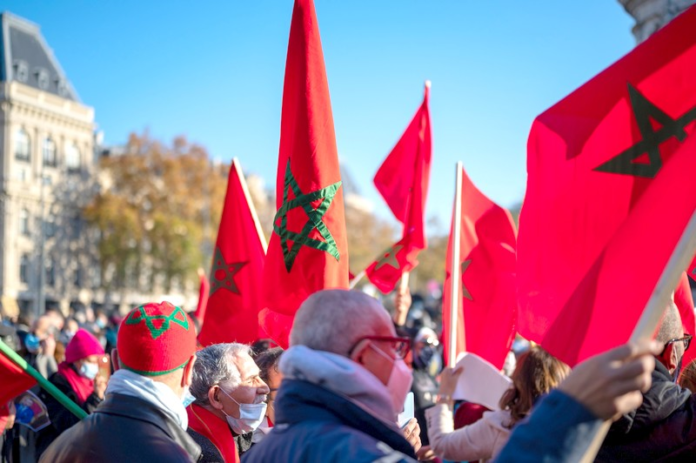In an era of fierce global competition for talent, Morocco possesses a rare treasure: over half a million highly skilled professionals living abroad—researchers, engineers, innovators—while their home country needs them more than ever.
Yet this human capital remains trapped between institutional neglect, token programs, and a persistent gap between constitutional text and actual practice. Is the responsibility individual, institutional, or political? And how can this precious resource be transformed into a genuine driver of national economic growth and sustainable development?
Half a Million Skills… and 5 Million Moroccans Abroad
Estimates from the Ministry in charge of Moroccans Residing Abroad suggest 300,000 highly qualified citizens live overseas, while other sources point to 5–6 million Moroccans abroad, with a significant share holding advanced qualifications (Maroc Diplomatique, CCME, EcoActu).
Strikingly, private investment in the national economy accounts for only 10% of diaspora remittances, even though these transfers hit a record 117 billion dirhams in 2024 (EcoActu).
The key question: Why aren’t we making better use of this talent and financial resource? Is the obstacle administrative, institutional, or political will?
Official Programs Without Impact
Several official initiatives have aimed to mobilize Moroccan skills abroad:
-
TOKTEN (1993)
-
FINCOME (2006)
-
MAGHRIBCOM (2013)
-
MRE Academy (2020)
Despite these programs, they quickly appeared superficial and lacked tangible results on the ground (canal212.ma, Le Matin.ma, Hespress, Yabiladi).
The MDM Invest program, designed to encourage Moroccans abroad to invest in up to 10% of projects, has also fallen short of expectations.
The outcome: missed opportunities, faltering political will, and a lack of clear mechanisms to direct talent toward productive national projects.
Constitutional Institutions: Between Autonomy and Responsibility
Morocco’s experience reveals a gap between constitutional provisions and real-world practice:
-
Appointments and decisions sometimes reflect political orientations more than true institutional independence.
-
Official reports, despite their value, often fail to reach a wide audience due to weak communication channels or overly technical language.
The central question: How can institutions meant to safeguard democracy fulfill their role if their connections with society remain fragile?
The Missing Link Between Talent and Institutions
Administrative fragmentation and the absence of a clear central platform (Ministry of Foreign Affairs, CNRST, CCME, Tamwilcom…) highlight the difficulty of mobilizing human resources.
The lack of a live skills database, slow recognition of qualifications, and absence of long-term strategies all contribute to a reality lagging behind legal and constitutional commitments.
A promising note: The Economic Forum of Moroccans Abroad (FEMM) has begun drafting visions to channel remittances into productive investments (EcoActu), while Tamwilcom has announced new mechanisms to support projects.
Key Questions for Readers
-
Do we truly have the political will to reclaim Morocco’s human treasure abroad?
-
Are constitutional institutions ready to meet modern challenges and ensure transparency and accountability?
-
Is the answer simply more programs, or a structural reform that integrates talent into institutions and turns it into economic power?
-
How can we build effective bridges between overseas talent, citizens, and national institutions?
Conclusion
Morocco is losing half a million skilled individuals due to ineffective protocols, aimless programs, and institutions unable to guide or coordinate effectively.
Solutions include:
-
Creating a dynamic national platform to map skills and needs.
-
Turning FINCOME and similar initiatives into clear strategic partnerships.
-
Establishing an investment fund dedicated to innovation in the national economy.
-
Simplifying diploma recognition and speeding up the integration of returnees.
-
Enhancing transparency and accountability within constitutional institutions.
In a world where nations compete fiercely for talent, the question remains: Will we make the right decision this time to reclaim Morocco’s untapped treasure?


